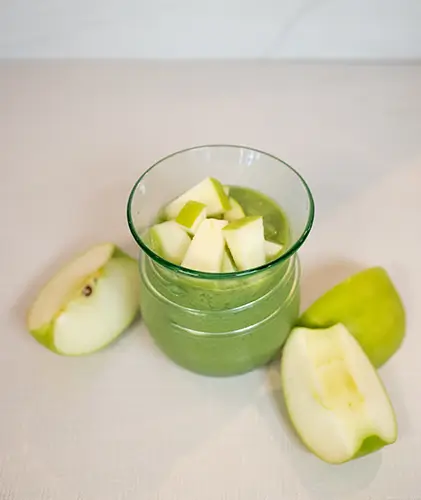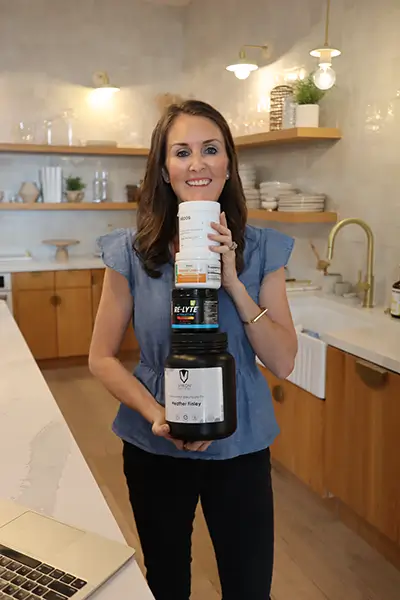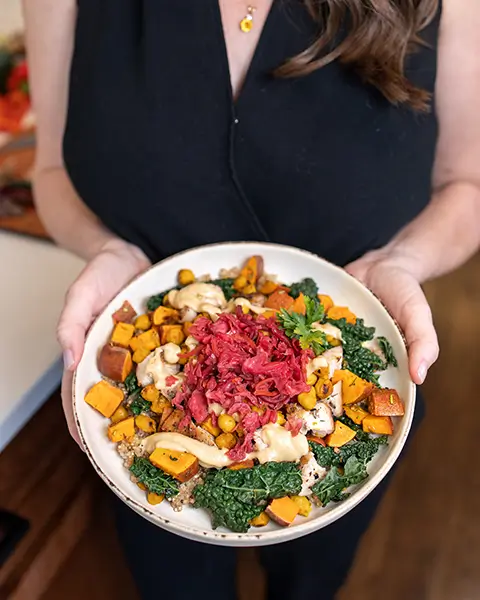Bloating is more than just an uncomfortable nuisance; it’s a signal that your digestion needs support. There are countless reasons you might feel puffy, distended, or uncomfortable after eating, and many people try one solution after another without lasting relief.
When you address digestion from a whole-body perspective instead of chasing symptoms, you can finally find what works for you.
Why Bloating Happens in the First Place
Before you reach for any natural remedies, it’s important to understand what’s causing your bloating. Common root causes include motility issues, SIBO, stress, digestive insufficiencies, dysbiosis in the large intestine, and even hypothyroidism. For some, it’s not just one of these factors but a combination.
The biggest mistake people make is trying one thing at a time in isolation. You might work on stress, but not address motility. You might try an elimination diet without supporting digestive enzymes or bile flow.
When you take a whole-system approach, you stop playing symptom whack-a-mole and start seeing lasting results.
Everyday Habits That Can Help You Naturally Beat the Bloat
Before reaching for supplements, start with the basics. Small shifts in your daily habits can make a big difference in how your digestion feels. One of the most powerful places to begin is with meal hygiene.
- Start with Meal Hygiene
How you eat is just as important as what you eat. Chewing your food thoroughly activates the entire digestive process and helps your body release enzymes that break down food.
Taking a moment before you eat to smell and appreciate your food triggers saliva production, which begins carbohydrate digestion and signals the rest of your digestive system to get to work.
Avoid eating on the run or while distracted, as this can lead to incomplete digestion and more bloating later.
- Hydrate the Right Way
Dehydration can slow motility and make it harder for your body to move food along. Drinking enough water throughout the day supports bowel regularity and helps produce adequate saliva.
If you drink mostly filtered water, consider adding minerals to help with cellular hydration. This can be especially helpful for people who struggle with constipation-related bloating.
- Manage Food Triggers Wisely
When your gut is inflamed or imbalanced, certain foods can be harder to digest. The key here is that this is not about cutting foods out forever, like restrictive diets often suggest. Restriction leaves you with fewer options, more stress around meals, and often worse digestion in the long run. Instead, think of it as temporarily adjusting how you eat while you work on the root cause.
Limiting high-FODMAP foods, cruciferous vegetables, or raw salads for a season can reduce symptoms, but the goal is always to bring these foods back in once your gut is stronger. Cooking vegetables until they’re soft makes them easier to tolerate, and even fermented foods may be fine in small amounts depending on your tolerance. It’s about supporting your body, not depriving it.
Targeted Natural Remedies for Bloating
Support Motility
Good motility helps prevent gas and fermentation from building up in the first place. Ginger tea or capsules between meals can encourage movement through the digestive tract.
Spacing meals three to four hours apart allows the migrating motor complex to sweep debris through the intestines. Herbal bitters and artichoke extract can also stimulate healthy motility and digestion.
Use Gentle Relief During a Flare
If you’re in the middle of a bloating flare, don’t panic. Light movement like walking or gentle yoga, can help release trapped gas. Abdominal massage, such as the “I Love You” technique, encourages things to move along. Warm herbal teas like peppermint, fennel, or ginger can be soothing. Digestive bitters before meals can help stimulate stomach acid and bile flow, making the next meal easier to digest.
Binders like activated charcoal can be useful for acute relief, especially if you suspect you’ve eaten something that isn’t sitting well. Just be aware that it will temporarily darken your stool.
Watch for Hidden Bloat Triggers
Sugar alcohols like xylitol, sorbitol, and erythritol are common in protein bars, keto desserts, and low-carb snacks, and they can cause significant bloating.
Prebiotic fibers such as inulin or FOS can be beneficial for gut health in some situations, but if you have SIBO or bacterial overgrowth, they may make symptoms worse. Always check labels if you’re unsure why bloating has suddenly flared.
Creating a Bloating Toolkit Is The First Step In Lasting Relief
Maybe creating a bloating toolkit is the next step for finding relief. Having a few go-to tools can make you feel more in control during a flare, whether that’s a favorite herbal tea, a binder you tolerate well, a list of gentle meals you can prepare, or a simple movement or massage routine.
Keeping this list handy takes the guesswork out of what to do when you’re uncomfortable. At the same time, lasting relief comes from addressing the root causes of your bloating. Functional testing can reveal issues like motility problems, enzyme deficiencies, or bacterial overgrowth, allowing you to create a targeted plan.
If bloating is something you deal with often, take my free quiz “Why Am I Bloated” to uncover your possible root causes and start building a personalized strategy.








